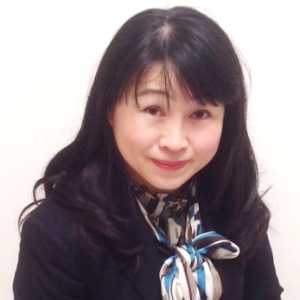Title: Study of midwives’ perceptions of stress during the COVID-19 pandemic
Abstract:
The coronavirus disease 2019 (COVID-19) pandemic has increased the mental burden on midwives and nurses. During this period, excessive workload, caring for critical patients with COVID-19, the high risk of infection, uncertainty and stigmatization, lack of personal protective equipment (PPE) and critical medicines, and overcapacity have caused psychological pressure on healthcare professionals.
Objective: This study aimed to identify midwives' perceptions of stress in response to the coronavirus disease 2019 (COVID-19) pandemic and to provide basic data for reducing stress in midwifery.
Methods: Research period: December 2022 to February 2023
Subjects was The study population comprised 75 midwives working in maternity wards of perinatal maternity centers, general hospitals, and bedded clinics in the Kanto - Koshinets region. Survey method was Open-ended questionnaire survey.
Research procedures: A questionnaire survey was conducted by requesting research from hospital facility and nursing directors.
Method of analysis: Qualitative narrative research techniques.
Ethical consideration: We explained in writing that participation in the research was voluntary, that there would be no disadvantage if the subjects did not participate in or declined to cooperate during the research, that personal information would be protected, and that data would not be used for any purpose other than the research. After providing the explanation, we obtained the consent of participants. The research was conducted after obtaining approval of the research ethics review committee of our institution.
Results: The method of analysis was qualitative descriptive analysis using open-ended data as one unit of context and focusing on and categorizing the stress of midwives during the COVID-19 pandemic. As a result, 6 categories and 10 subcategories were extracted. 6 categories was Feeling of burden in dealing with pregnant women with COVID-19, Feeling of burden in responding to Cesarean section, Limitations to continuing nursing care, Breast care difficulties, Difficulty in fully engaging with the subject, Challenges to attendance.
Discussion: Midwives working in clinical practice felt the stress of being constantly asked to respond to tense situations in order to prevent mother-to-child transmission. Moreover, during the COVID-19 pandemic, midwives felt a sense of inadequacy in their work due to a sense of difficulty and care limitations, as well as being unable to continue health guidance, breast care, and midwifery care. In addition, they sought support from the hospital and their supervisors when they had difficulty in making decisions to go to work, including managing their own physical condition. With regard to the presence of stress, Rassin et al., and Yamazaki et al., indicated that multiple workloads and tasks, fatigue, and lack of concentration can lead to medical accidents and stressful conditions in the workplace. In a survey by Meurier et al., 79% of subjects indicated that a stressful ward atmosphere was a factor in their errors. Therefore, a sense of inadequacy regarding work during the COVID-19 pandemic, the work environment, and limitations of midwifery and nursing care may lead to errors, and measures to reduce stress are needed.



